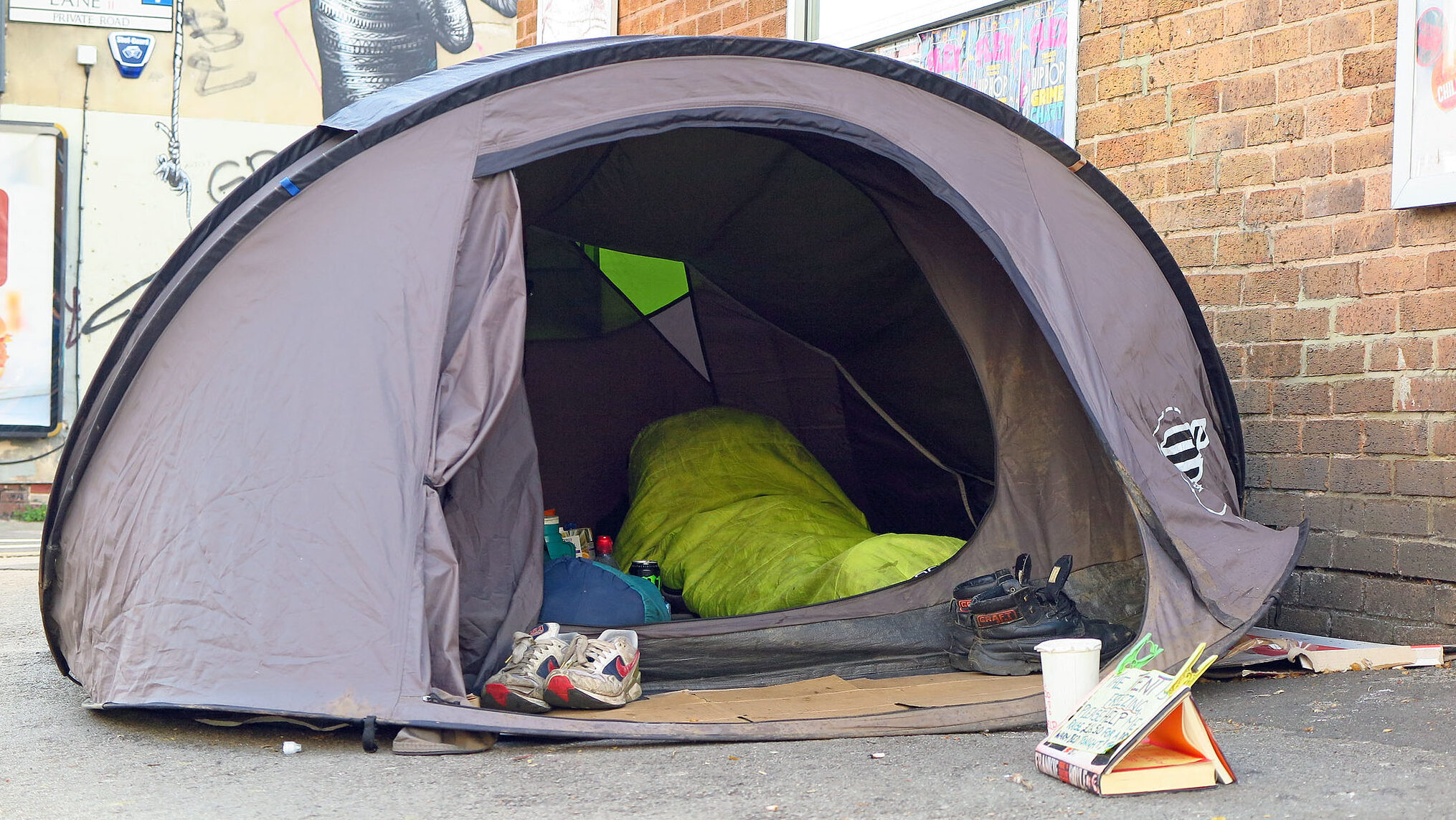The trial 56-day ‘move-on’ period for newly-recognised refugees to find somewhere to live has been extended, the government has confirmed.
Once refugees are granted protection by the UK, they are given a set period of time to leave government-provided accommodation. The day this protection is granted also marks the first time they can work or claim benefits.
The move-on period was previously 28 days, the shortness of which was found to be pushing refugees into homelessness and increasing pressure on frontline services. The move-on period was extended by the Home Office in December as a “time limited trial” as work was done to clear the asylum backlog and manage the rollout of visas.
The trial was set to expire at the end of June but this week asylum minister Angela Eagle confirmed it had been extended in the House of Commons this week. But campaigners say the trial extension doesn’t go far enough and the 56-day move-on period should be made permanent.
“We know that the shorter 28-day period was a significant cause of homelessness – and increased pressure on homelessness services. We now call on the government to confirm this as permanent arrangement as soon as possible,” Rick Henderson, chief executive of Homeless Link, told Big Issue.
“This must be accompanied by wider improvements to the move-on process so people are supported to successfully transition from the asylum system into their community, preventing homelessness in the longer term.”






